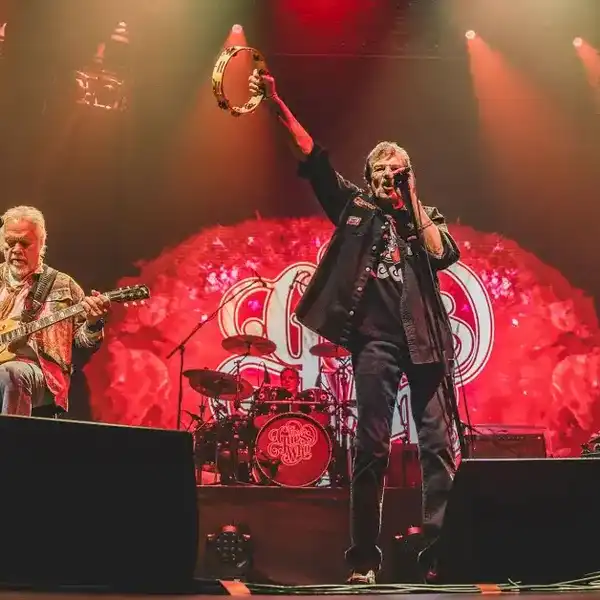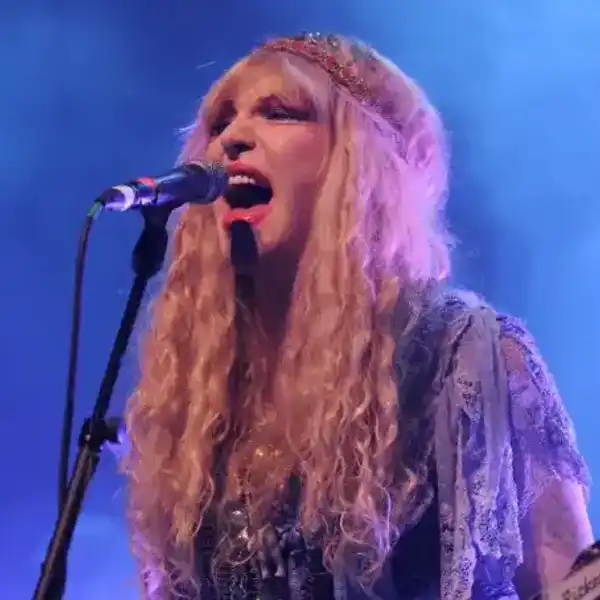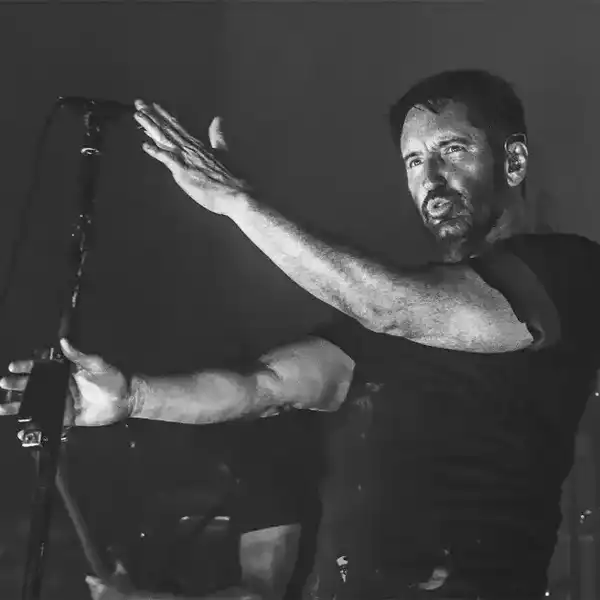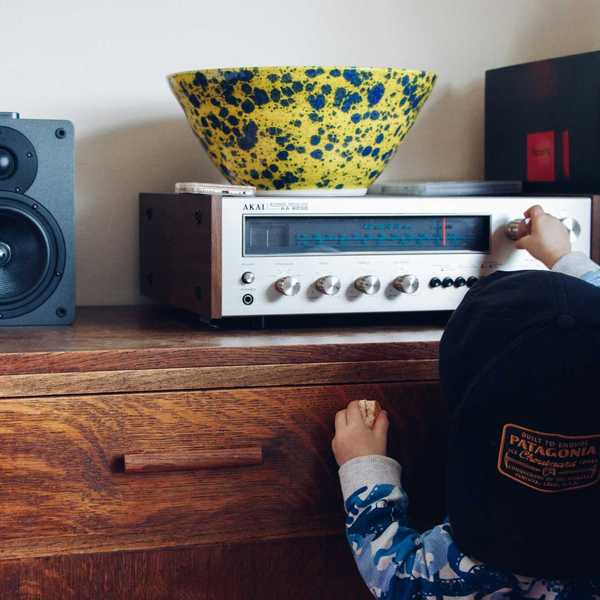Indigenous Music Contributed Almost $80M To Canada's GDP in 2018
What is the impact of Indigenous music in Canada?
What are the contributions that the Indigenous music community is making to the economic and social fabric of Canada?

By External Source
What is the impact of Indigenous music in Canada?
What are the contributions that the Indigenous music community is making to the economic and social fabric of Canada?
These are two of the questions that find answers in a just-published National Indigenous Music Impact Study (NMIS), a first of kind 70-plus page report published by Aboriginal Peoples Television Network (APTN).
Some of the key findings of NIMIS show that Indigenous music contributed a total of almost $78 million to Canada’s economy (GDP) and supports more than 3,000 full-time positions across the country.
The main source of direct economic impact is money paid to or generated by individuals. The direct impact contributed by companies comes from salaries and wages paid to their employees, as well as the profits they earn from their operations (which can be understood as income for the companies’ owners).
On the other hand, artists contribute to the economy by earning income from their music activities.
In addition to the direct impact, economic activity also has “spin-off” impacts, which represent the ripple effects that an industry (or community) has on the broader economy. These impacts include indirect impacts (the employment and value-added by suppliers from which music companies purchase goods and services), and induced impacts (the re-spending of labour income earned from music companies and their suppliers).
The authors also report that while the Indigenous music community is thriving, the Indigenous music industry, comprised of Indigenous-owned, Indigenous-directed music companies and supporting organizations, is still in its infancy and is poised for development.
Annually, Indigenous musicians (full time and part-time) earn an average of $47,200 from all sources, according to the report; however, almost half (47%) of income earned by Indigenous music artists derives from non-music work. Companies in the Indigenous music community reported that almost half (47%) of their activities last year were related to developing Indigenous music. These activities incurred $17.5 million in expenditure directly related to music by Indigenous artists.
More than a quarter (27%) of artists use, perform or record music in an Indigenous language; this was closer to 50% among interview respondents which may simply be because it was important to speak to a wide, representative group of musicians. Among survey respondents, the most commonly used languages are Cree (21%), Anishnaabemowin/Ojibwe (17%), Mi’kmaq (11%), Inuktitut (7%) and Innu (7%). Mid-career artists are most likely to use an Indigenous language in performances or recordings (31%).
More than five in ten (55%) artists have never received funding for some aspect of their music career.
Among those who have received funding, the most common sources of funding reported are Canada Council for the Arts (18%), provincial/territorial funding (16%) and FACTOR (12%).
A quarter of artists surveyed reported earning all of their income (100%) from music. Further analysis of full-time musicians shows that Indigenous artists who spend full-time hours on music have higher annual income than those who work at music part-time and have other employment.
On average, about 53% of all income is earned from music-related activities. The average annual income for full and part-time Indigenous musicians is $47,200. Artists surveyed reported various sources of income. They rely on live music and touring (27% of music income), recorded music sales (15%) and neighbouring rights revenue (15%). For full-time musicians, income from live music and touring make up the largest amount of all income.
Six in ten (59%) artists have at least one song registered with a music rights organization, the most common – by a large margin - being SOCAN (51%). The following organizations were also mentioned: Sound Exchange (14%); MROC (6%); ACTRA-RACS (6%); CMRRA (4%); Connect (4%); SOPROQ (3%); SODRAC (2%); Re:Sound (2%) and ARTISTI (1%).As one might expect, full-time artists were more likely than all artists to be registered with SOCAN (58% vs 51% overall), and Sound Exchange (24% vs 14% overall).
Most musicians interviewed said they are registered with SOCAN, and many were very positive about their experience with cumbersome. A few noted that their music is played in First Nations community the music rights collective; a few found, however, found the registration radio stations, many of which do not pay SOCAN fees; musicians do not receive royalties for those broadcasts. A few musicians are registered with Sound Exchange, the Musicians’ Rights Organization Canada (MROC), and/or ACTRA.
Individual respondents mentioned other organizations: North American Songwriters Association, Canadian Music Reproduction Association, Society for reproduction rights of authors, composers and publishers in Canada (SODRAC), and the Québec Collective Society for the Rights of Makers of Sound and Video Recordings (SOPROQ). Some not registered with any collective were not aware of the benefits of registration, or of how to sign up.
APTN contracted NVision Insight Group to oversee and conduct this National Indigenous Music Impact Study, with support from Nordicity and Environics Research.
The study includes qualitative and quantitative research methods, including telephone interviews, an online survey and a quantitative assessment of the economic impact of Indigenous music on the Canadian economy. In the report, “interview respondent” refers to individuals who participated in the qualitative phase; otherwise, the data is drawn from the quantitative online survey. All quotes including in this report are from interview respondents.


















